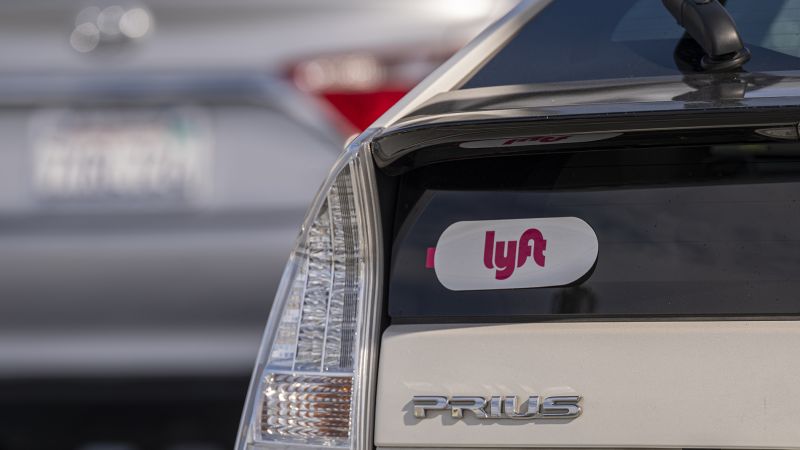Lyft is introducing a new feature that lets women and non-binary riders choose a preference to match with drivers of the same gender.
The ride-hailing company said it was a “highly requested feature” in a blog post Tuesday, saying the new feature allows women and non-binary people to “feel that much more confident” in using Lyft and also hopefully encourage more women to sign up to be drivers to access its “flexible earning opportunities.”
The service, called “Women+ Connect,” is rolling out in the coming months. Riders can turn on the option in the Lyft app, however the company warns that it’s not a guarantee that they’ll be matched with a women or non-binary person if one of those people aren’t nearby. Both the riders and drivers will need to opt-in to the feature for it work and riders must chose a gender for it to work.



Again, no.
Equity is explicitly about need. Equality is irrespective of need. This is literally the definition I gave at the start of this discussion.
Obviously to enact equitable policies, you can’t handle things on a case-by-case basis, because that doesn’t scale. You have to find metrics that correlate with need. The only policies that scale are those that target cohorts rather than individuals.
In the example of school funding, reasonable cohorts can be derived from income level and relatedly (for historical reasons in the US) race.
In the case of ride-share safety for both riders and drivers, gender is a decent axis for defining cohorts.